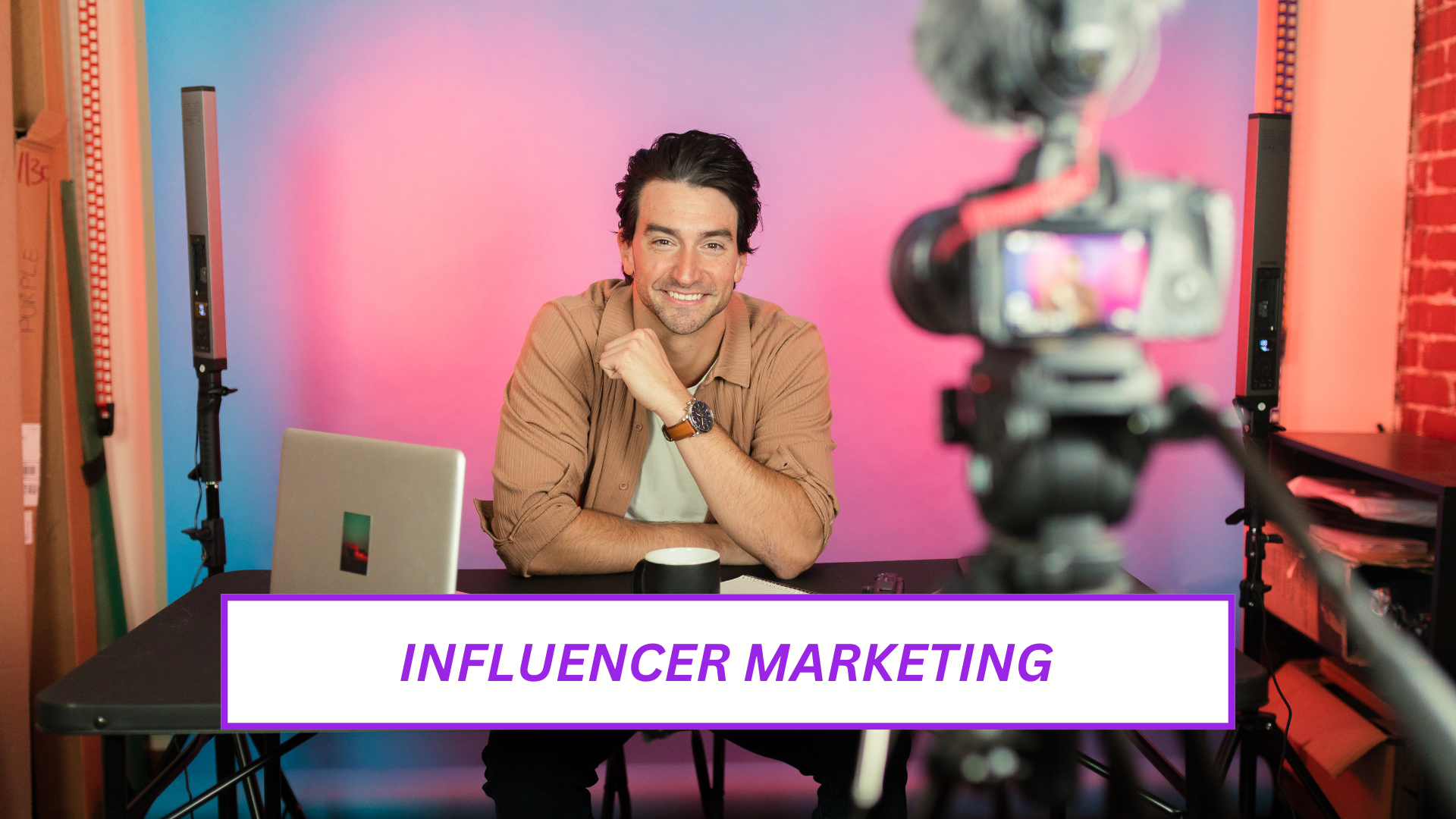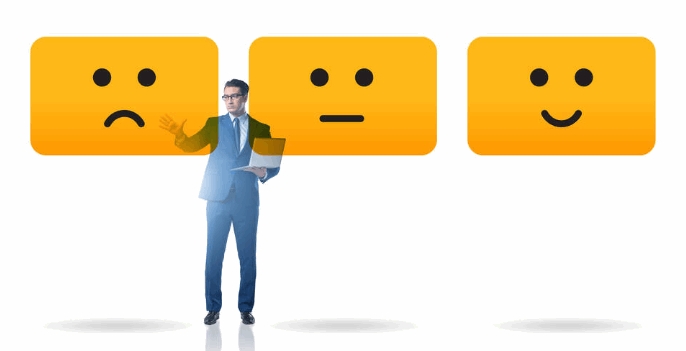Over 5.4 billion people use social media these days. If you want to stand out as a creator, business owner, or brand, social media optimization is no longer optional for you. It’s a necessity. But what exactly is SMO? At its core, social media optimization refers to making your social profiles more visible, active, and engaging for your target audience. The goal of SMO is simple: Get more traffic, rank higher on search engines, and build an engaged community around your brand. In this guide, we’ll dive deeper into different aspects of SMO and how you can get the most out of this powerful marketing strategy. Let’s dive in.
Key Components of Social Media Optimization
Social media optimization isn’t just about sharing content consistently – it’s about structuring your content strategy to achieve better reach, engagement, search appearances, and conversions. Let’s break down the 4 core pillars of a successful social media optimization strategy.
Profile Optimization
Your social media profiles represent your brand digitally. If they’re incomplete and inconsistent with each other, people might not trust you and bounce back. Here are the most important optimization factors:
Branding Consistency: In marketing, consistency builds trust. Branding isn’t always about the colors, logo, and fonts. The content style, bios, team headshots, and usernames matter too. You want to ensure consistency for all these elements across all social media channels.
SEO-Friendly Bios: Every prominent social media platform lets you add a brief bio to your profile. Write a bio that accurately and comprehensively represents your business. Incorporate relevant keywords to tell search engines what you’re all about. For instance, if you’re a marketer, keywords like “Digital marketing expert” or “Social media strategist” will help you appear for relevant search queries.
Link Optimization: If you want your audience to know about multiple external platforms, such as your website, YouTube channel, and different social media profiles, use Linktree. It lets you create a single link that leads to a landing page with multiple links.
Accessibility: Help social media platforms understand and rank your profile by providing enough information. Use descriptive ALT texts for your images, leverage hashtags, and write comprehensive captions for each post.
You May Also Like: How to Find a Marketing Job?
Content Strategy
Social media platforms reward content that keeps users engaged and makes them stick around longer. Successful SMO strategies use a mix of content types:
Short-form Videos: Instagram Reels, TikTok videos, and YouTube Shorts are popular among the masses. You can use this content format to get more eyeballs on your profiles.
Interactive Posts: Posts like Q&As, polls, and quizzes can boost engagement on your profiles, sending positive engagement signals to search engines.
Evergreen and Trending Topics: General and niche-relevant informational posts are a great way to gain your audience’s trust. Trending topics are a perfect way to get noticed rather quickly.
Analytics
Without data, you’re just guessing, not optimizing. Track and optimize these metrics for effective social media optimization:
Engagement Rate: Track likes, comments, and shares on your posts. They indicate how much your content resonates with your audience.
Click-Through Rate: Your CTR is the percentage of people who click on your link or CTA button (E.g., Shop now). These are more relevant for platforms that allow direct link insertion, like Pinterest.
Follower Growth: Aim for steady follower growth. A sudden spike or decline indicates a significant change in the algorithm.
Engagement and Community Building
The last important element of social media optimization is community building. SMO isn’t about sharing content. It’s more about building two-way communication channels with your audience. Reply to comments and DMs, collaborate with influencers, and join niche conversations to keep yourself relevant and active.
Related: Finding Micro-Influencers for Your Business
Social Media Optimization Strategies to Dominate Search Rankings
Social media optimization can indirectly influence your visibility on search engines like Google as well. According to research, articles with the highest social shares experienced a 22% boost in SEO performance. Here are advanced SMO strategies you can follow:
Leverage Social Signals for SEO
According to Google, social signals aren’t a direct SEO ranking factor. However, studies show a strong correlation between higher search rankings and social media engagement. For instance, content with high shares earns more backlinks, which is a key ranking factor. Bing considers social engagement before ranking websites. Plus, viral social media posts are often picked up by media outlets, generating valuable backlinks. So, optimize your social posts for shareability.
Sync Social and SEO Keyword Strategies
Social media platforms like TikTok, Instagram, and Pinterest have their own search engines. Many Gen-Z users use them for online searching instead of Google. So, research trending keywords on social platforms and incorporate these keywords into your content strategy (Post captions, hashtags, and video subtitles).
Leverage Cross-Platform Sharing
Each social media platform caters to a unique search intent. For instance:
- YouTube is ideal for long-form tutorials
- Pinterest is great for evergreen visual posts
- While LinkedIn is suitable for B2B thought leadership
All these social platforms can help you get search engine visibility through Google or their own search feature. Leverage video marketing because posts with 3+ videos attract 55% more backlinks than text-only posts.
Frequently Asked Questions
Let’s address some frequently asked questions related to social media optimization.
How Does SMO Differ from SEO?
SMO optimizes content on social media platforms for reach and engagement, whereas SEO targets search engines via keywords and backlinks.
Do Social Signals Directly Impact Google Rankings?
Social signals aren’t a direct SEO factor, but shareable content can generate backlinks, which can boost your SEO.
What Metrics Matter Most for SMO?
Engagement of any type (Likes, shares, comments) indicates that your content resonates with users.
Related: Becoming a Social Media Consultant (Path)
Conclusion
Social media optimization specifically focuses on making your profiles and content more reachable to the target audience. It requires a more structured approach since you’re using social media to get visibility on external search engines like Google. Start by optimizing your social profiles for your target keywords. Leverage branding and content marketing to build credibility in your space. Last but not least, create highly shareable content to win backlinks and boost your SEO.
References:
- https://sproutsocial.com/insights/social-media-statistics/
- https://www.investopedia.com/terms/s/social-media-optimization-smo.asp
- https://www.dashclicks.com/blog/how-social-media-and-seo-affects-page-rank
- https://seo.ai/blog/link-building-statistics
- https://www.searchenginejournal.com/ranking-factors/social-signals-rankinng-factor/













